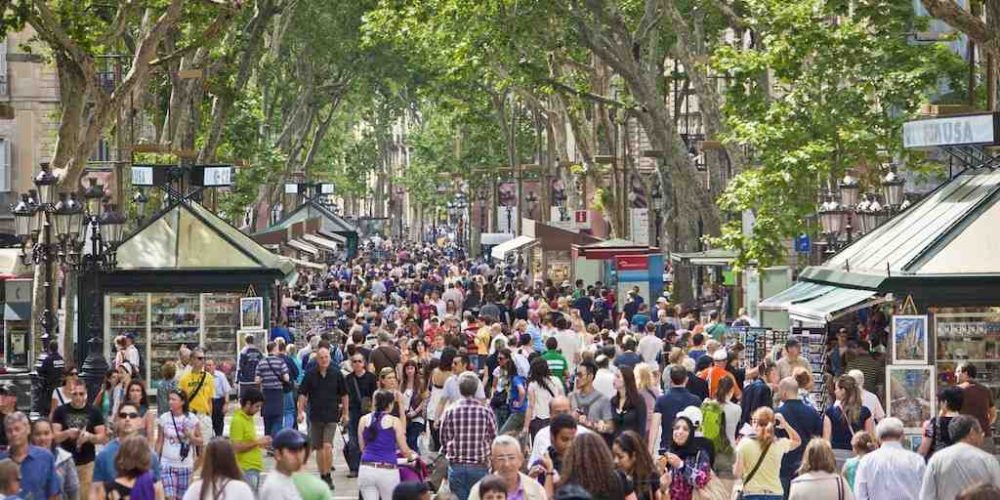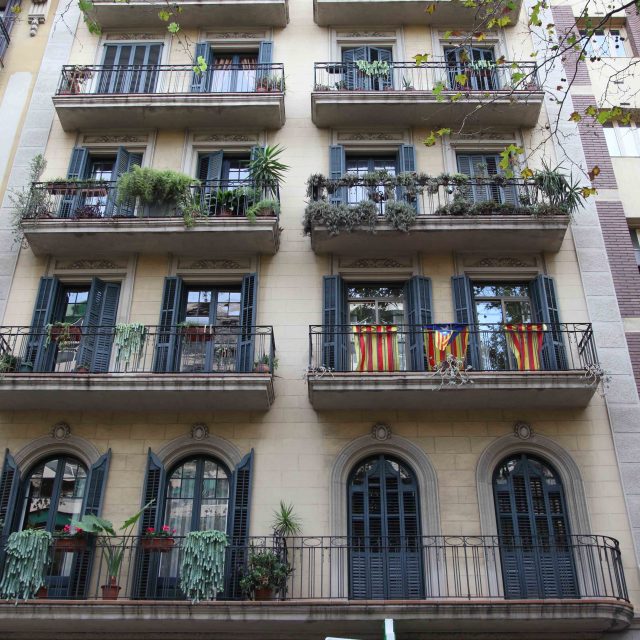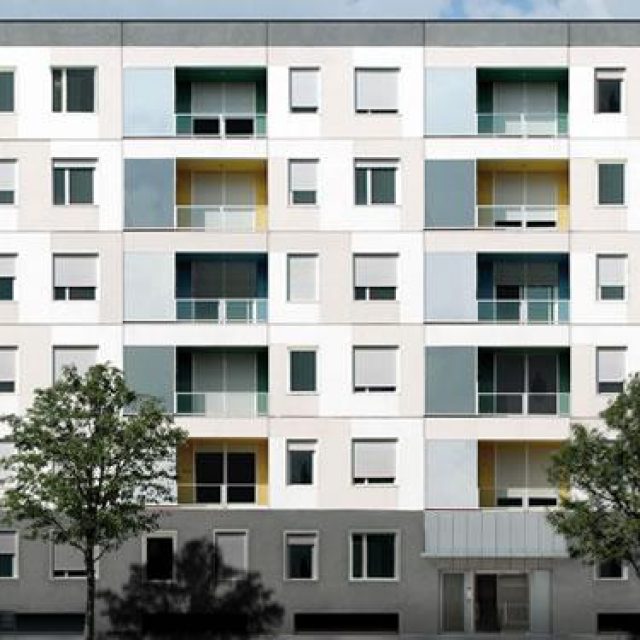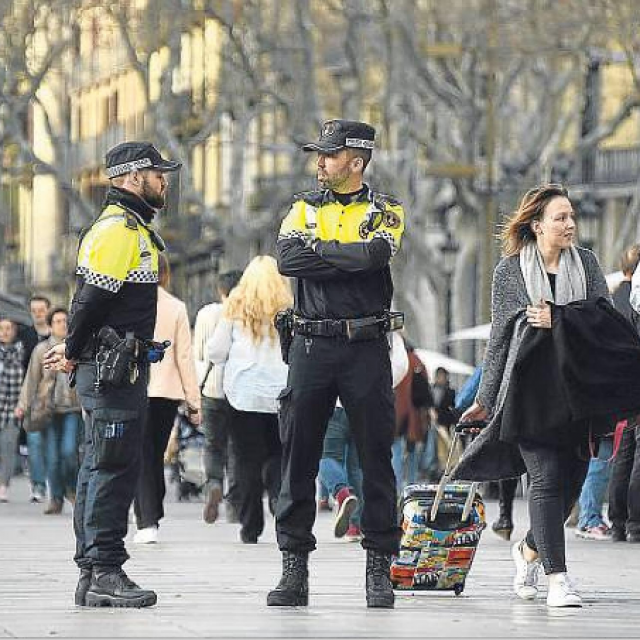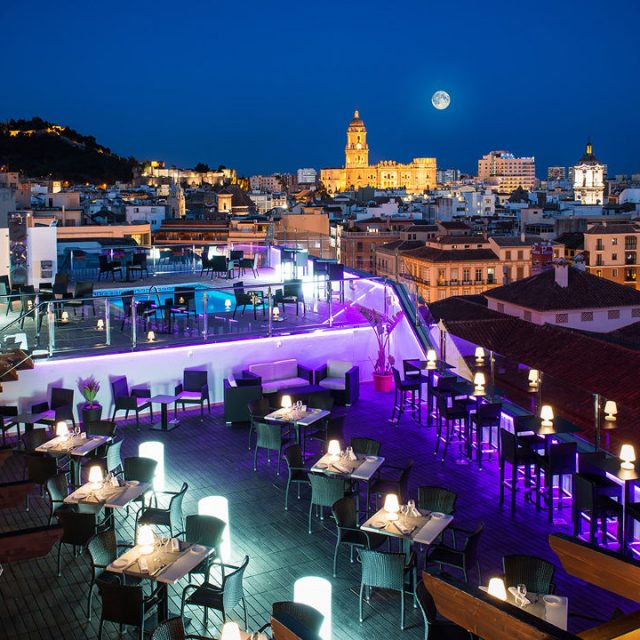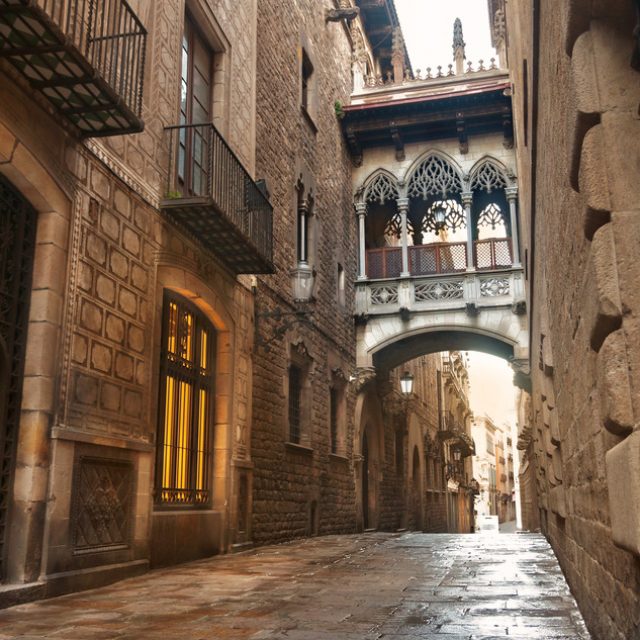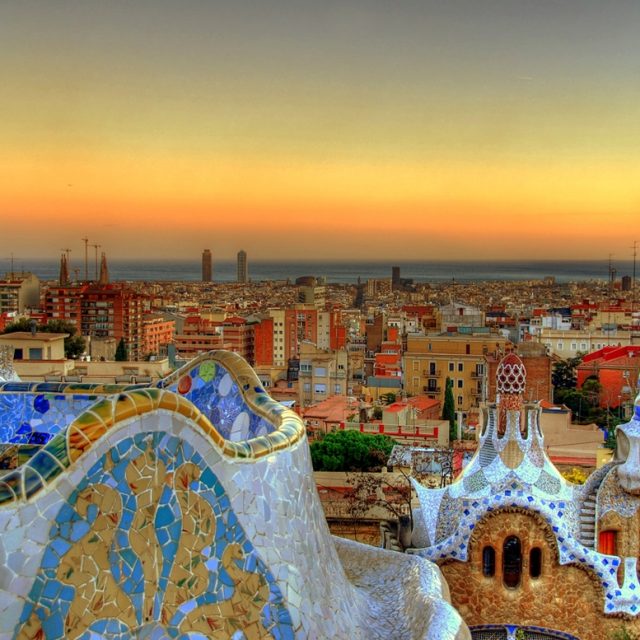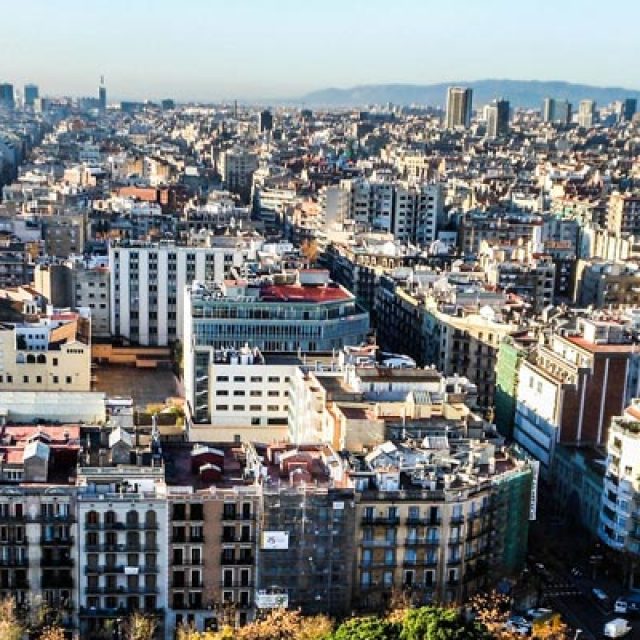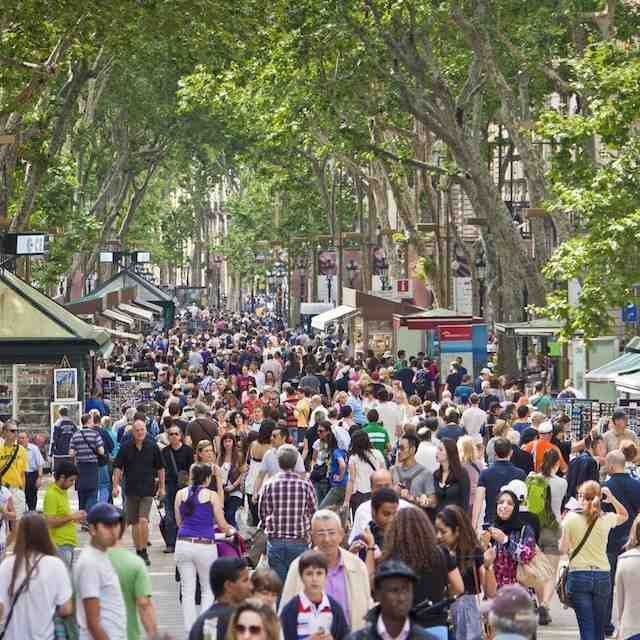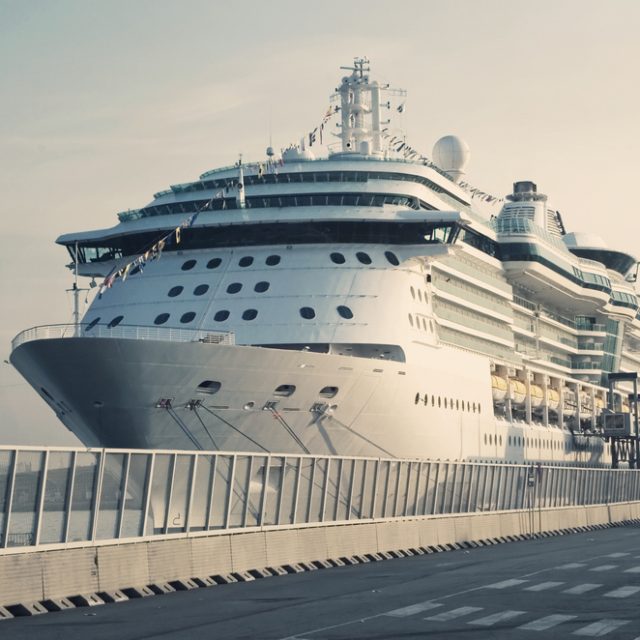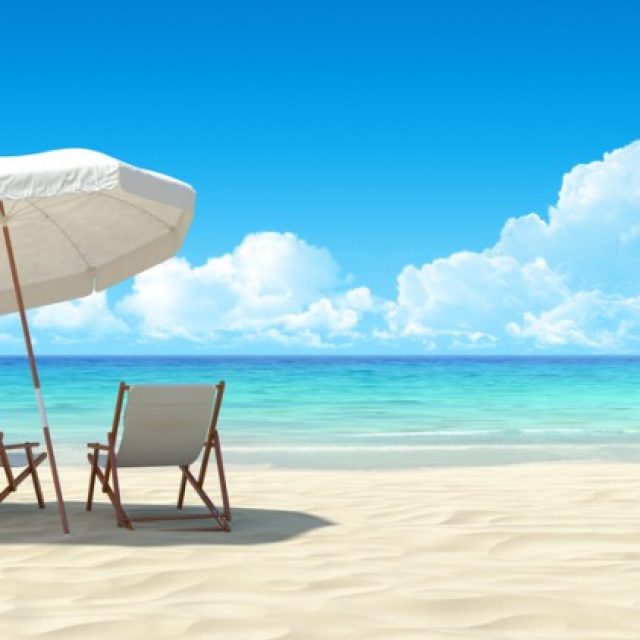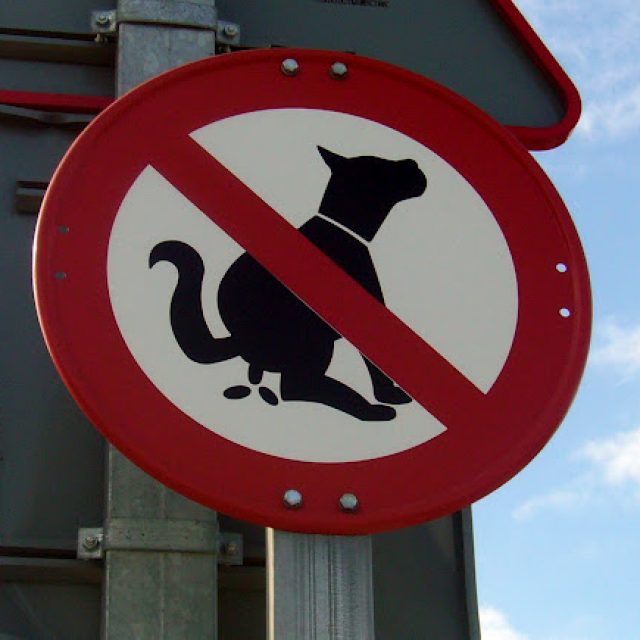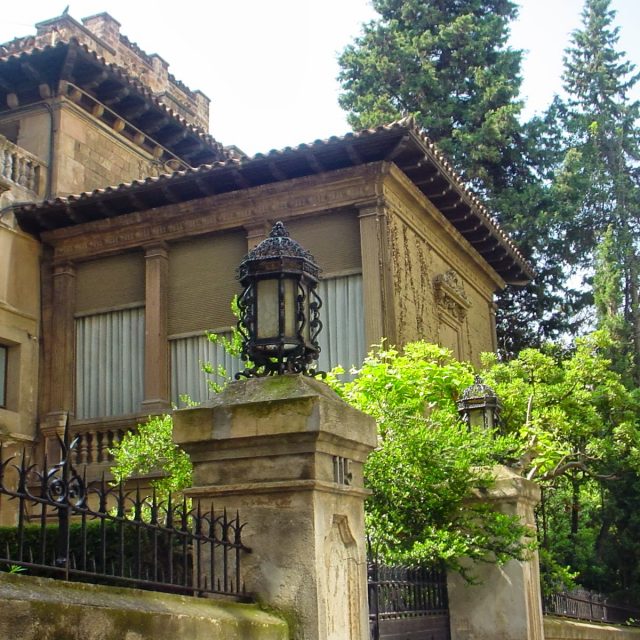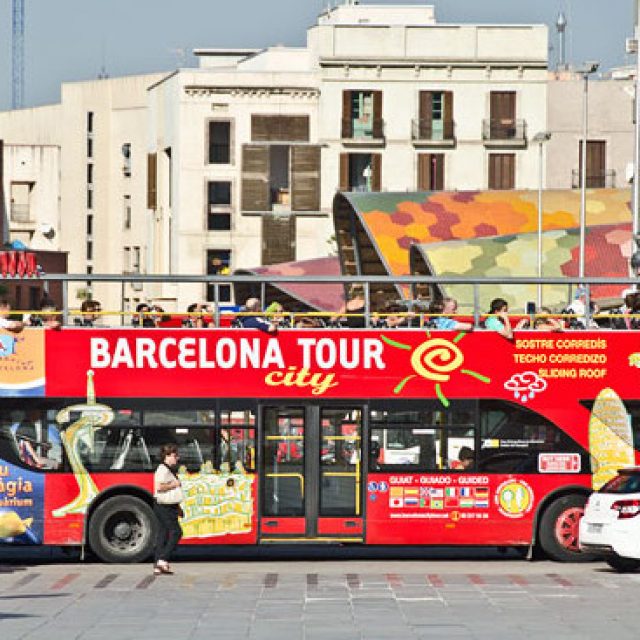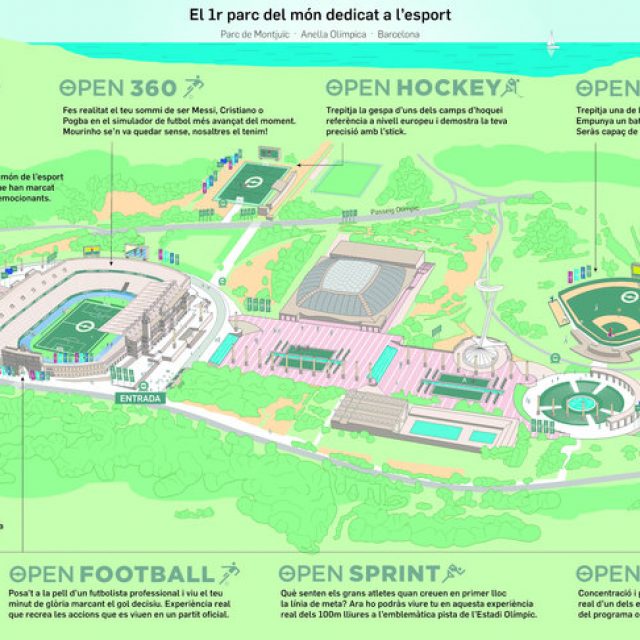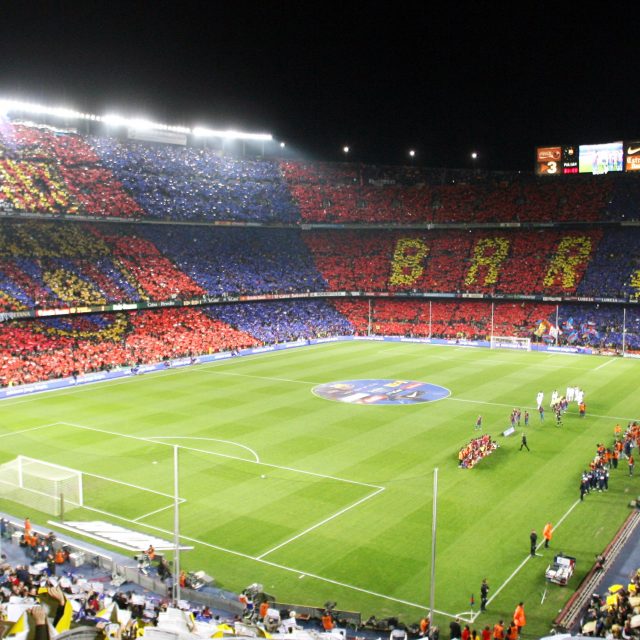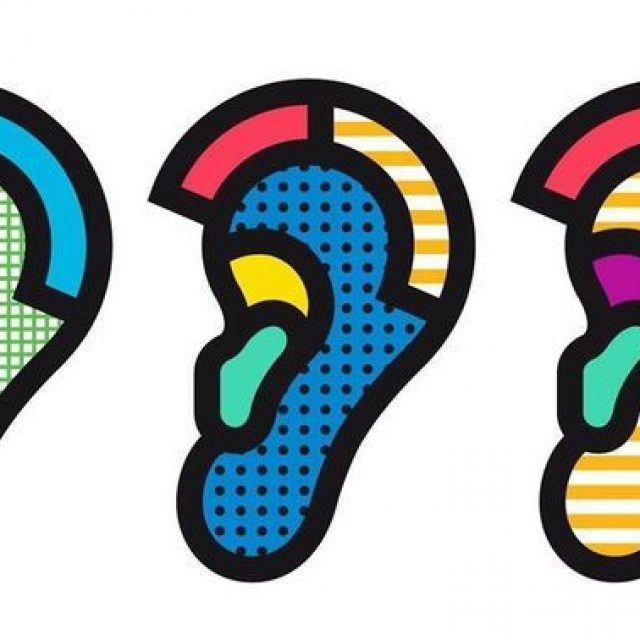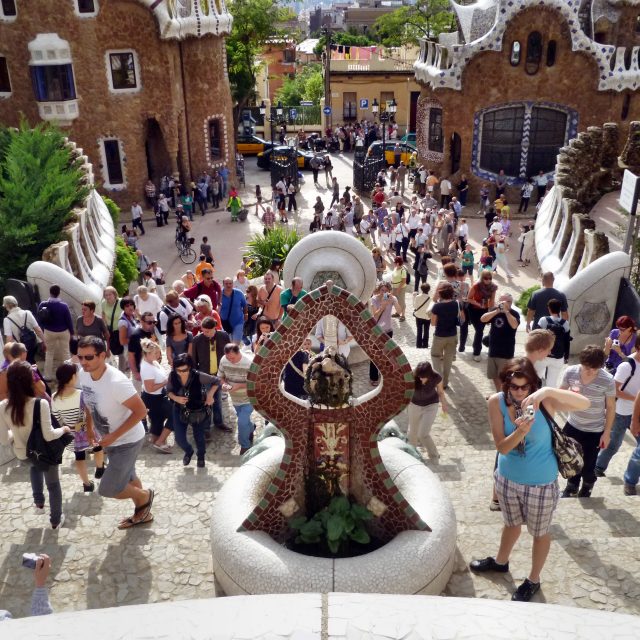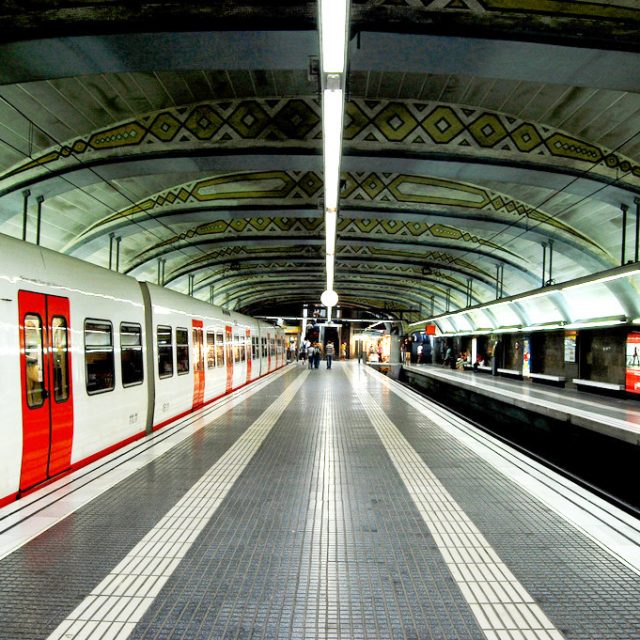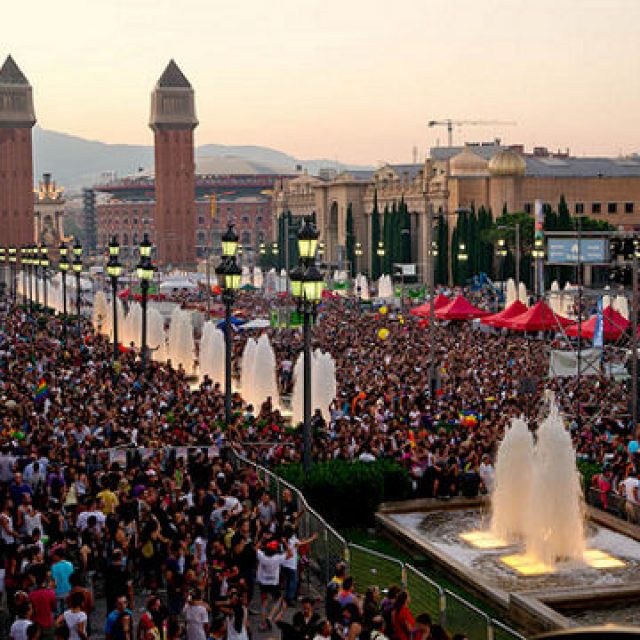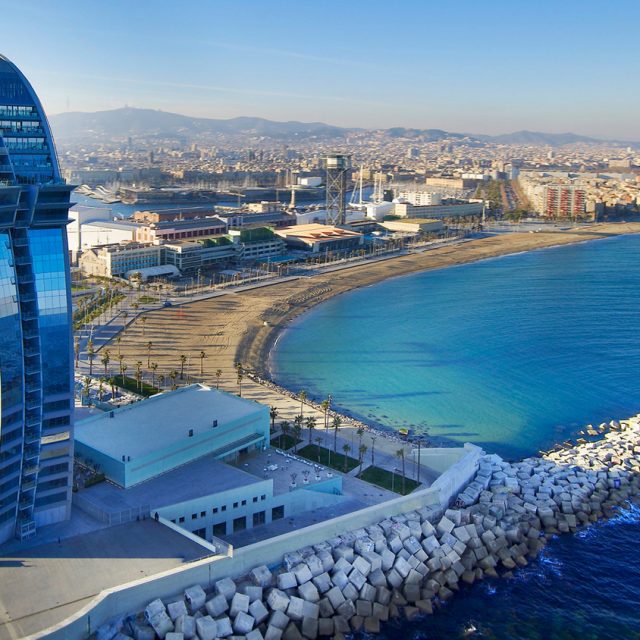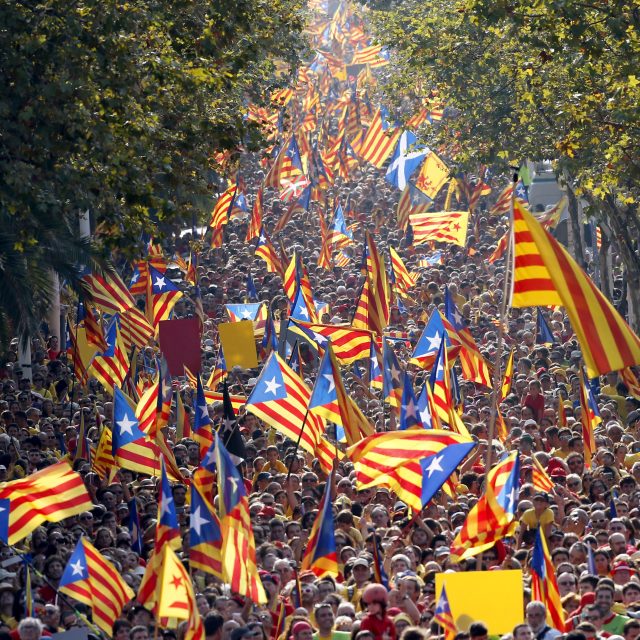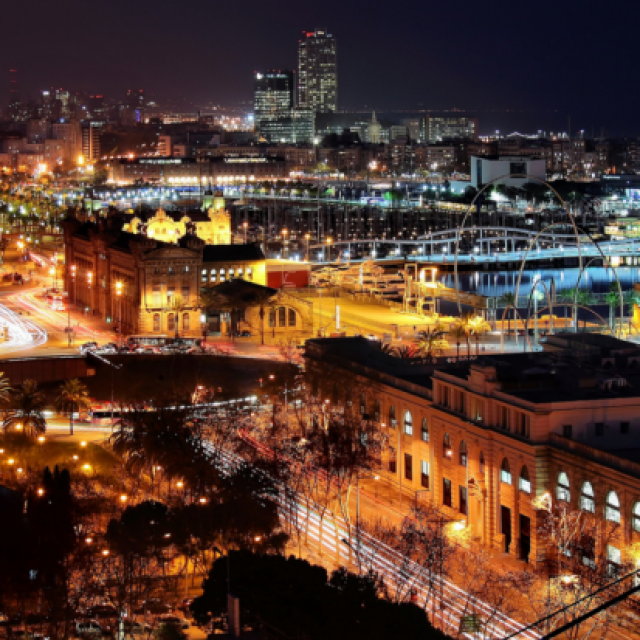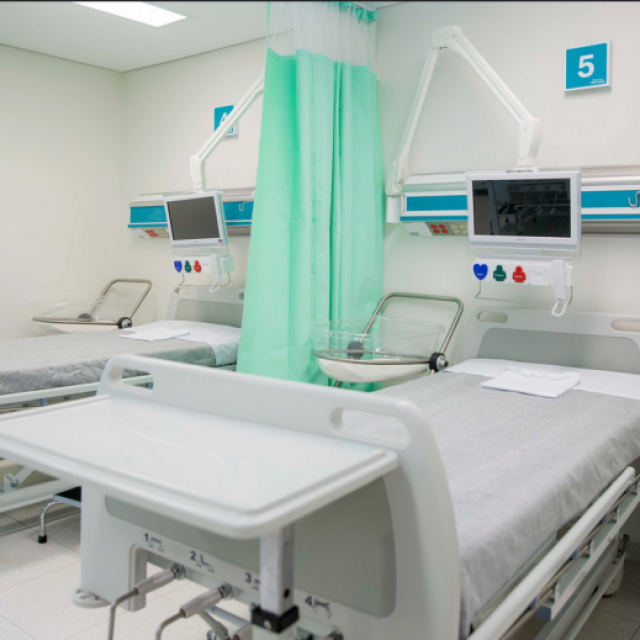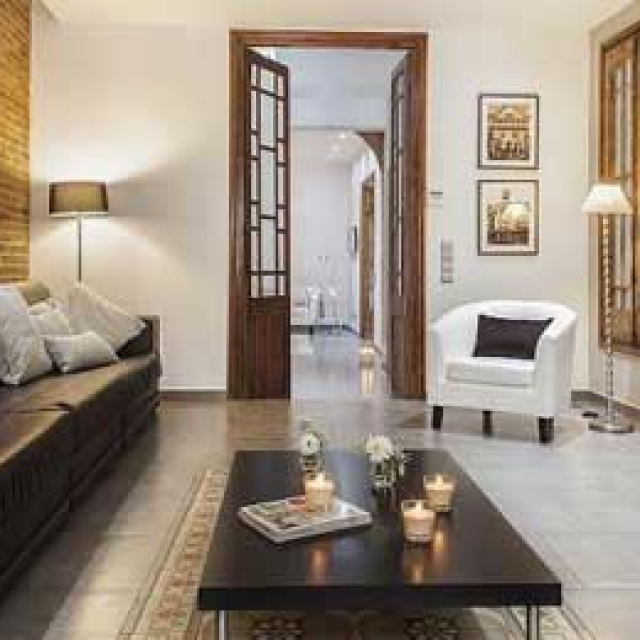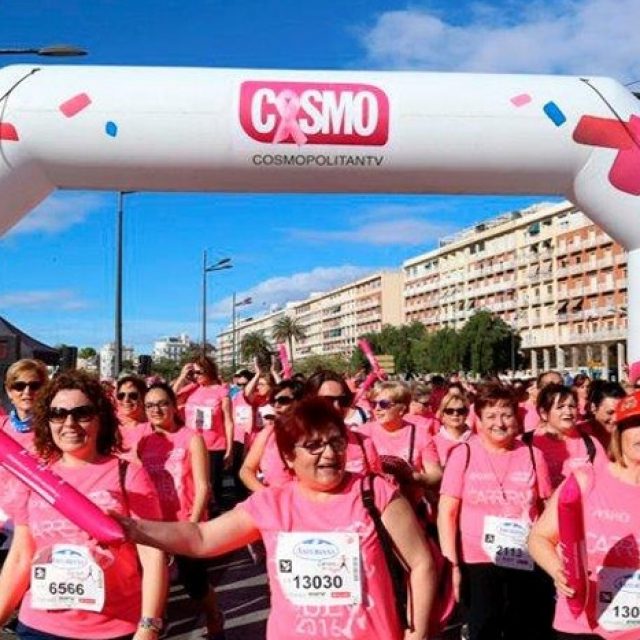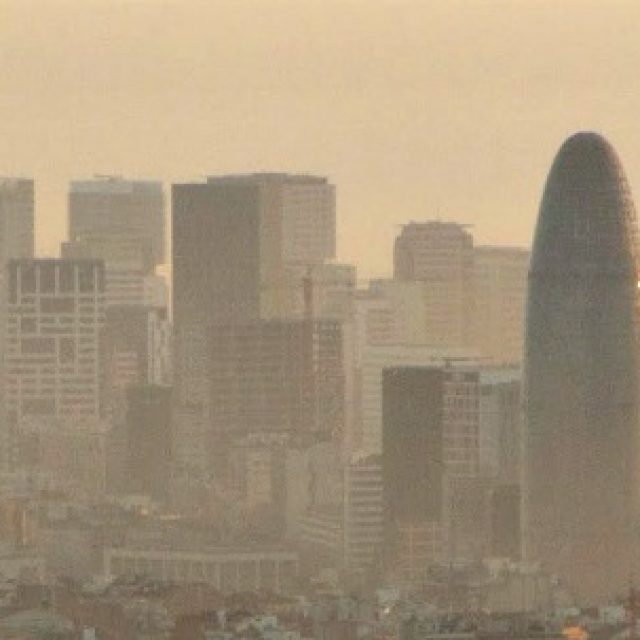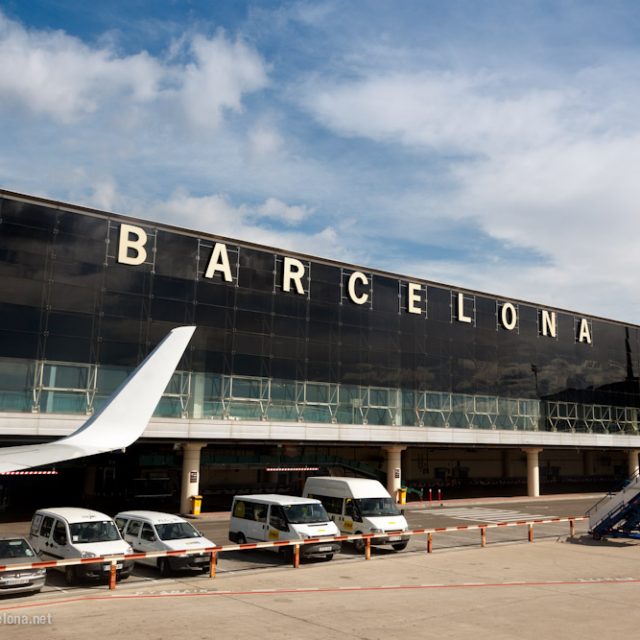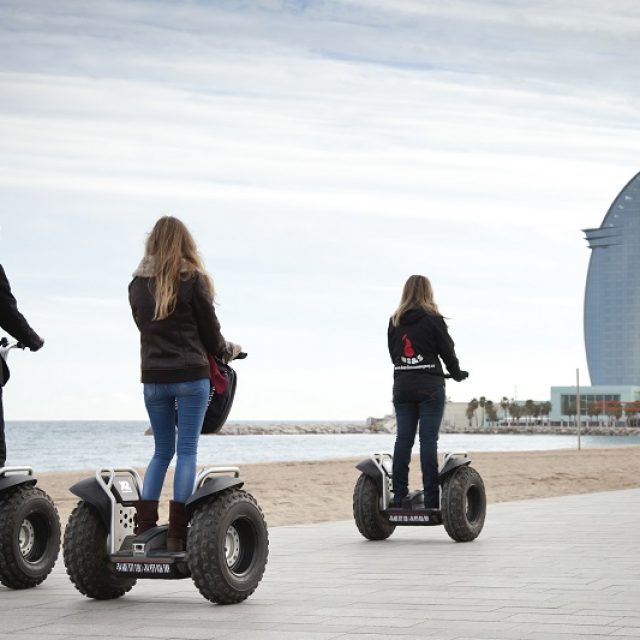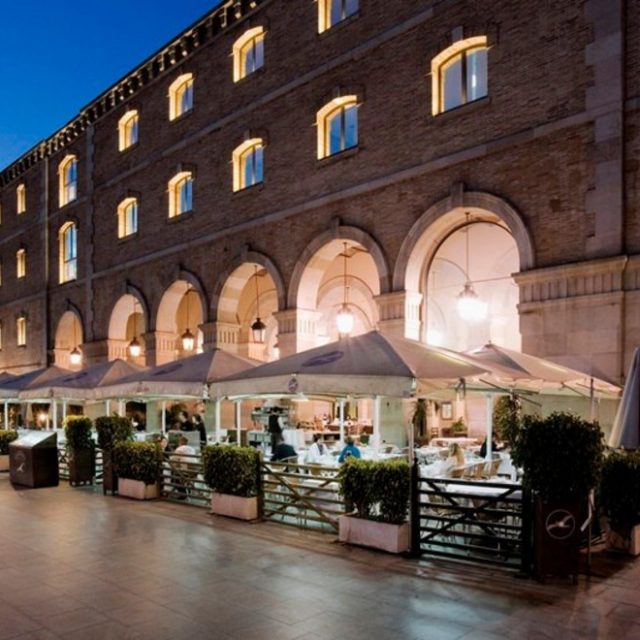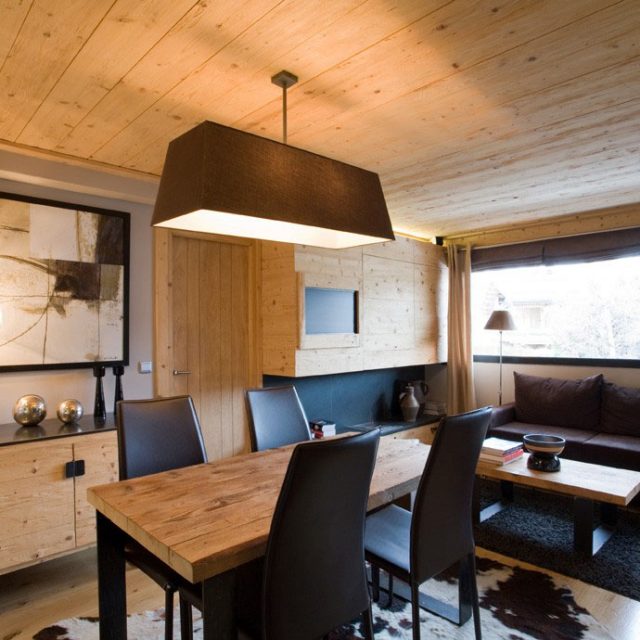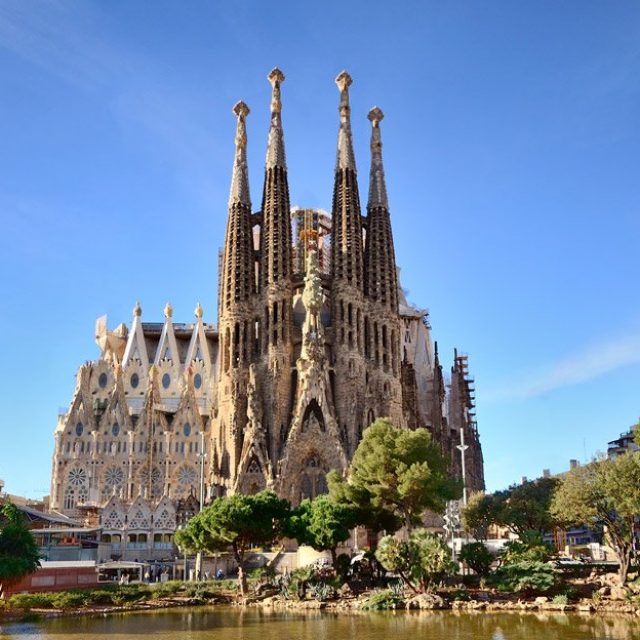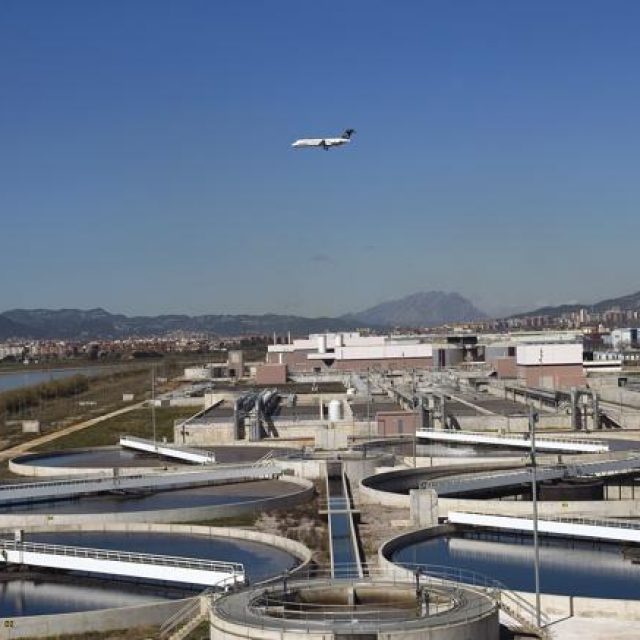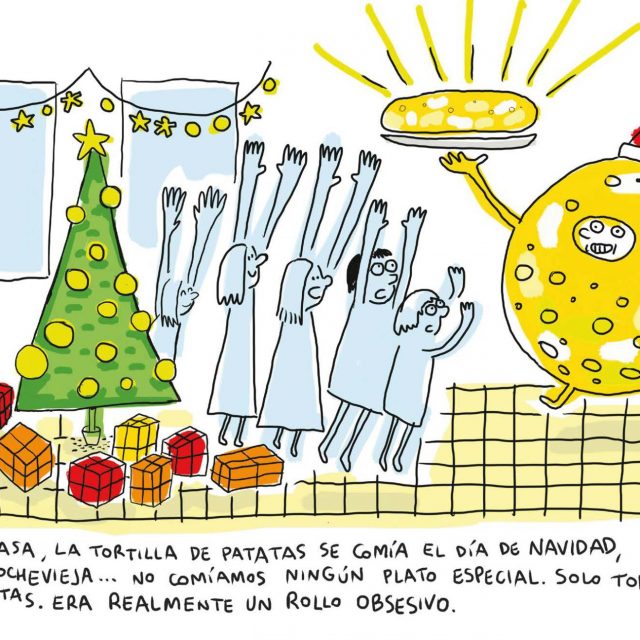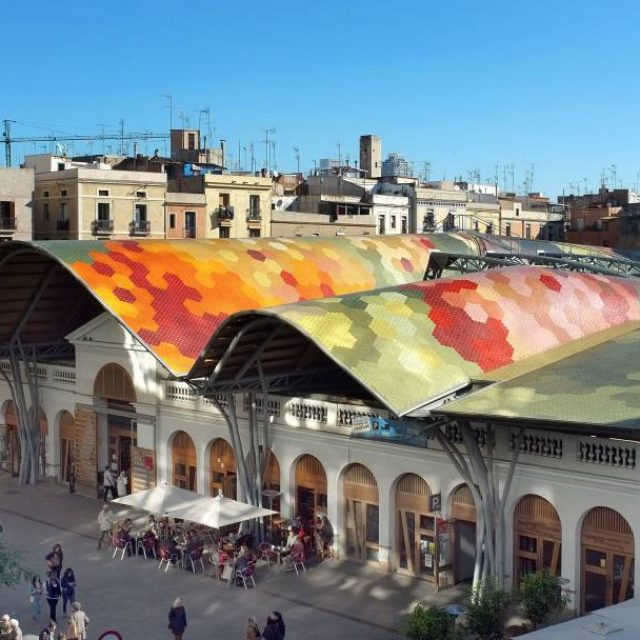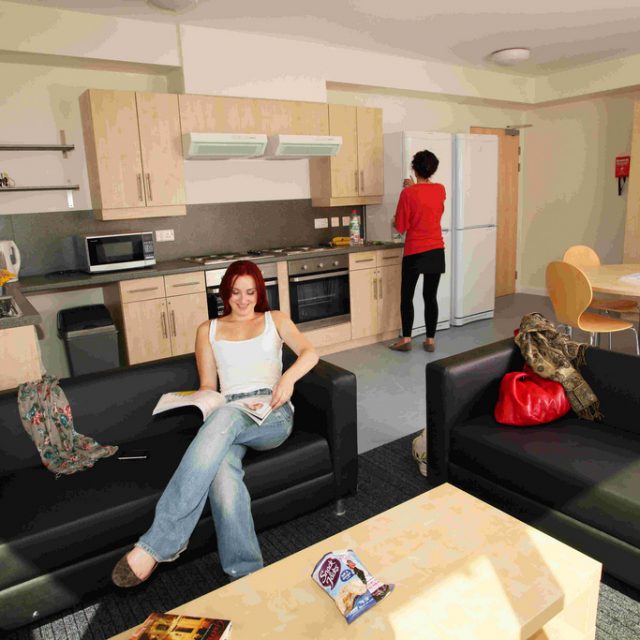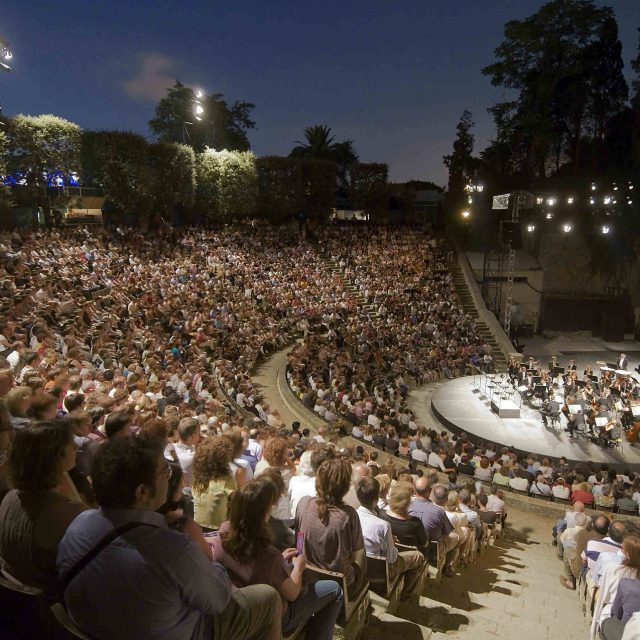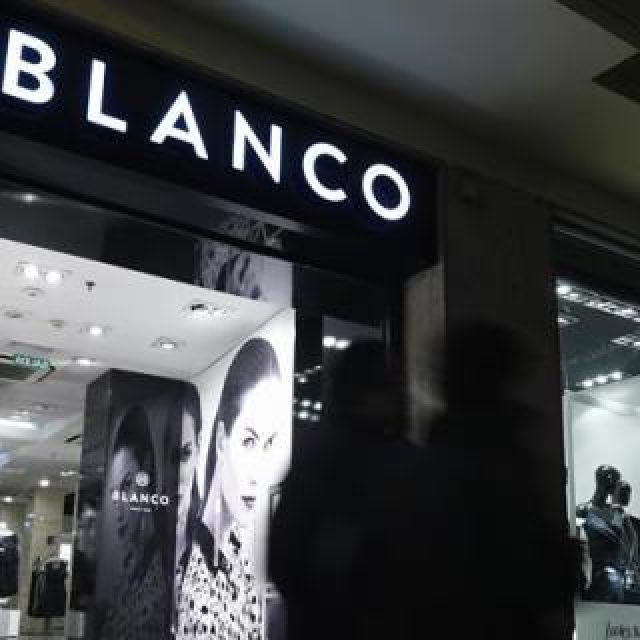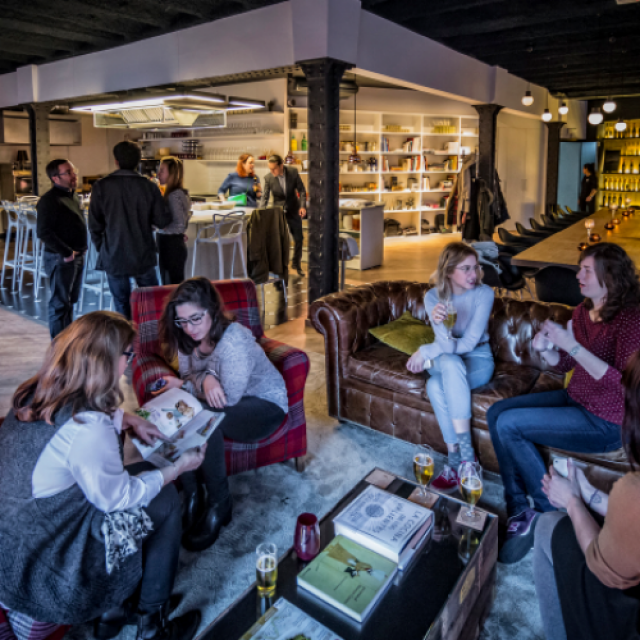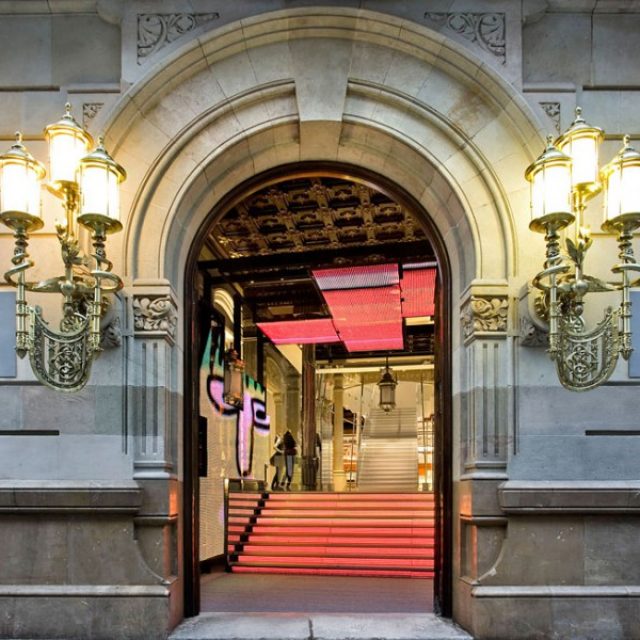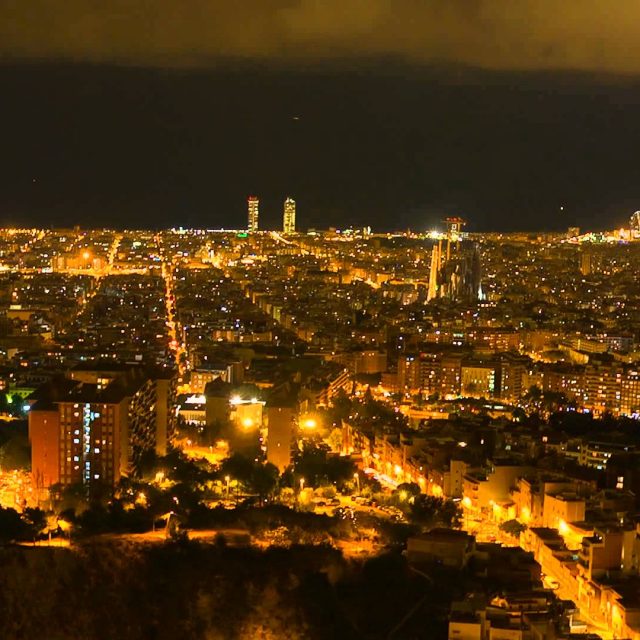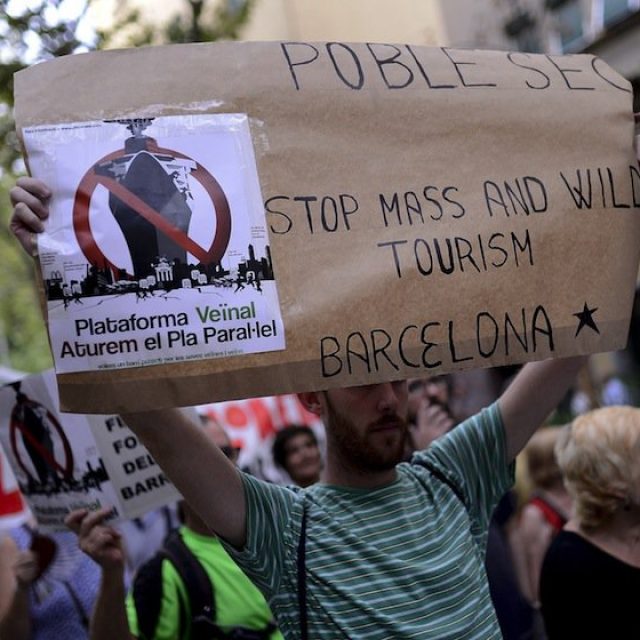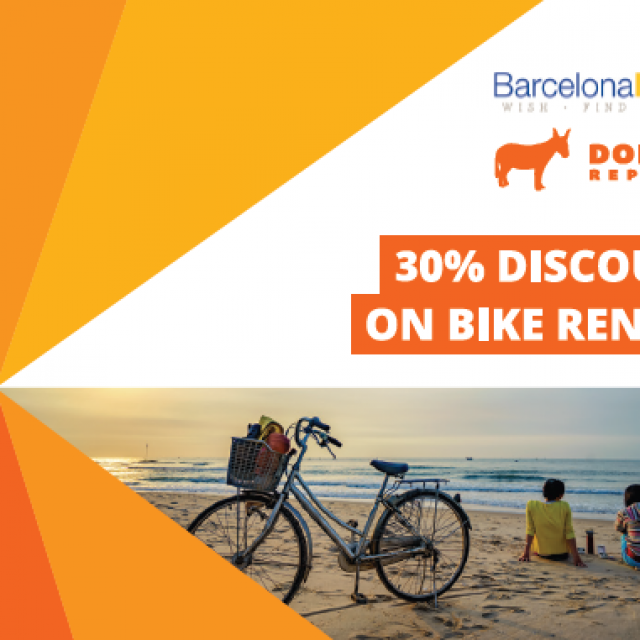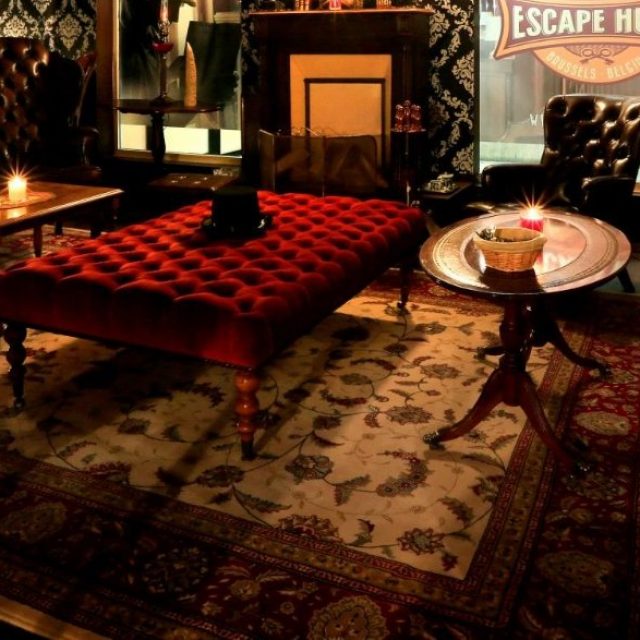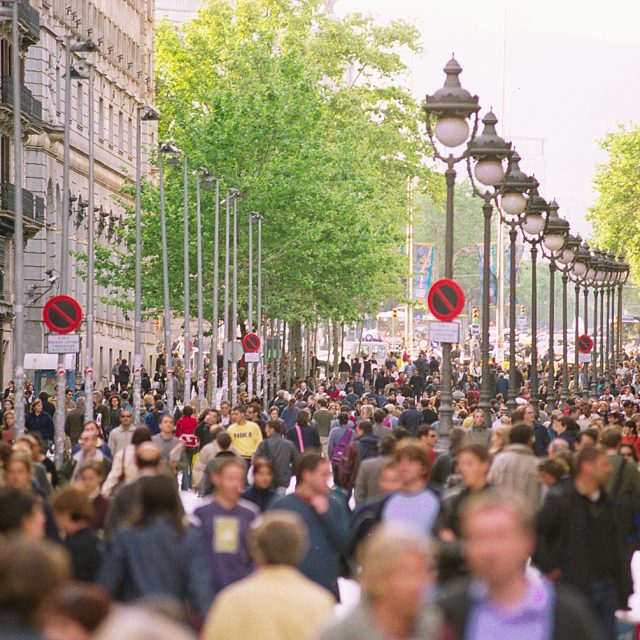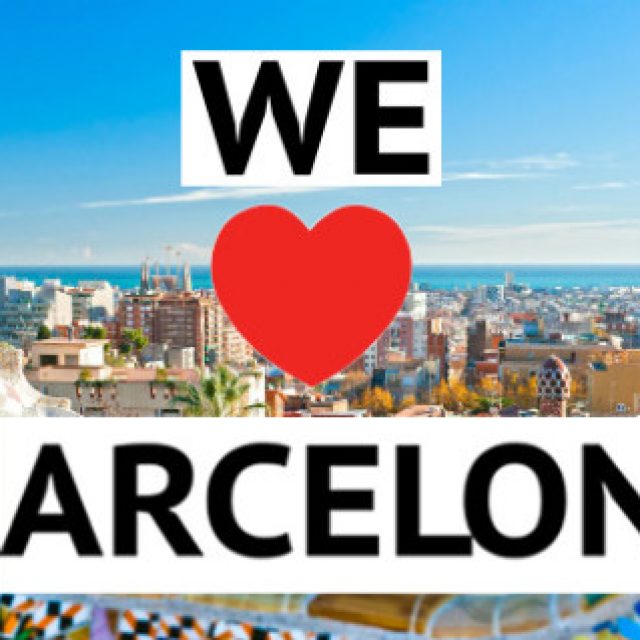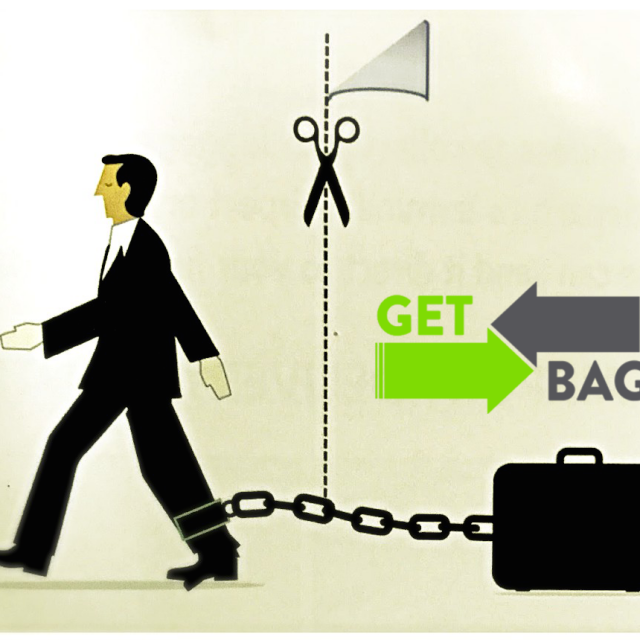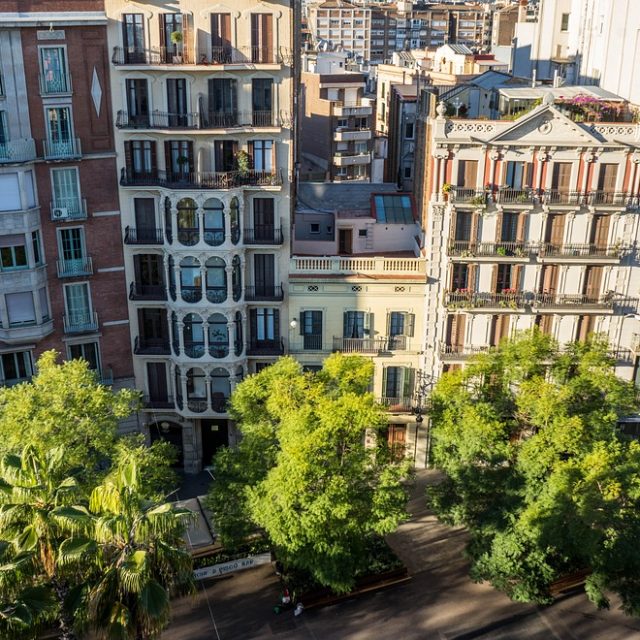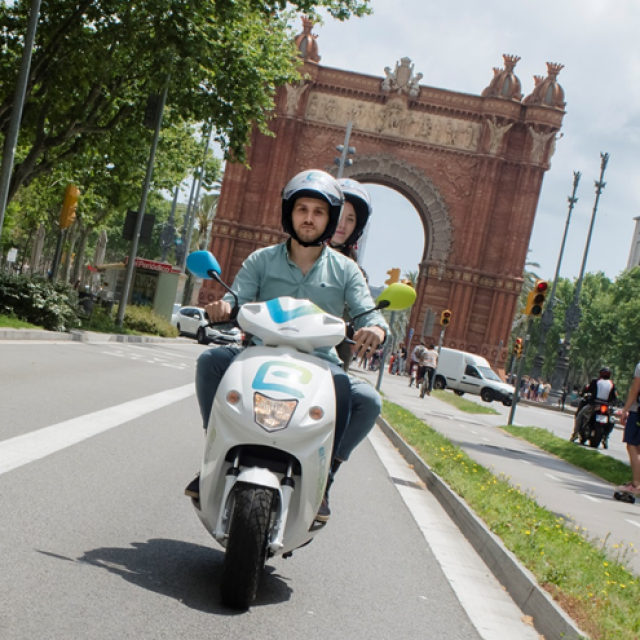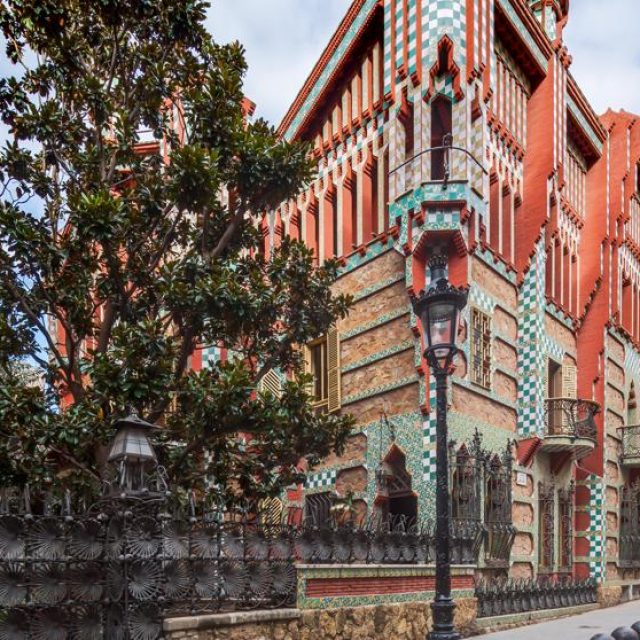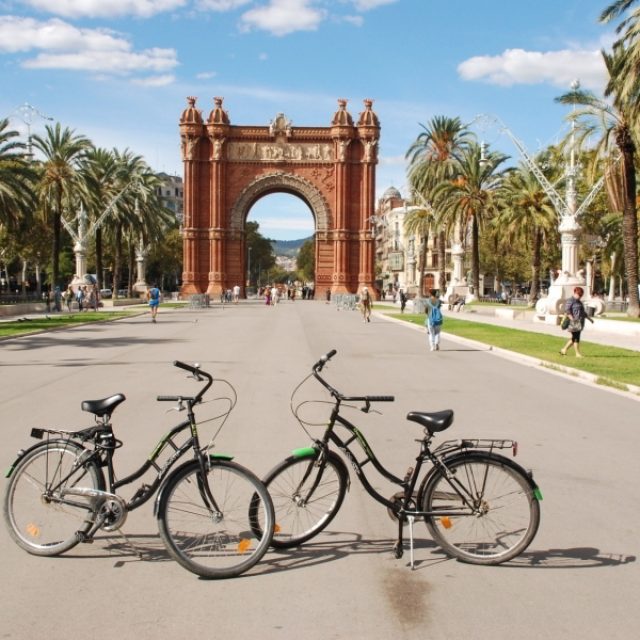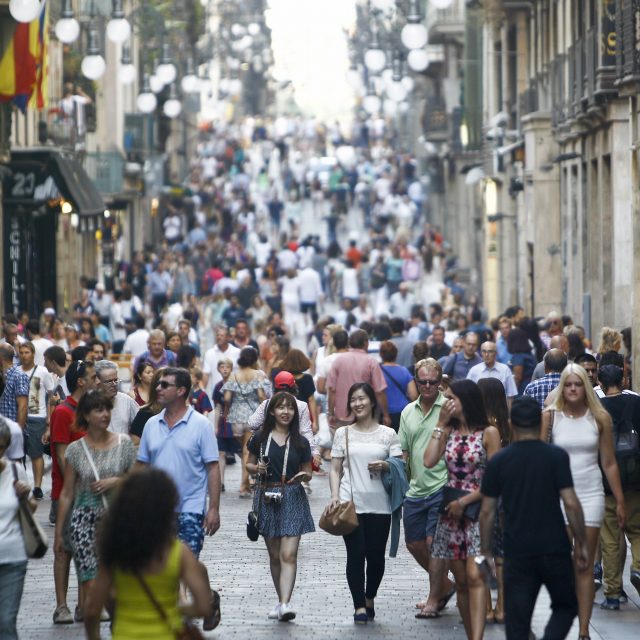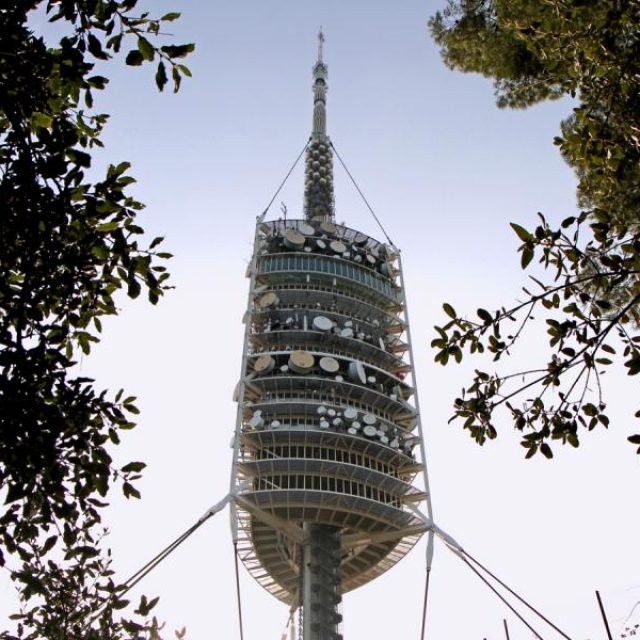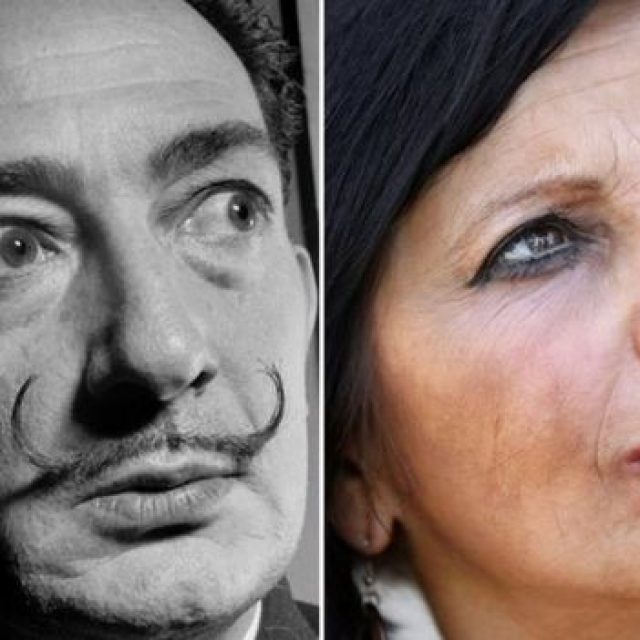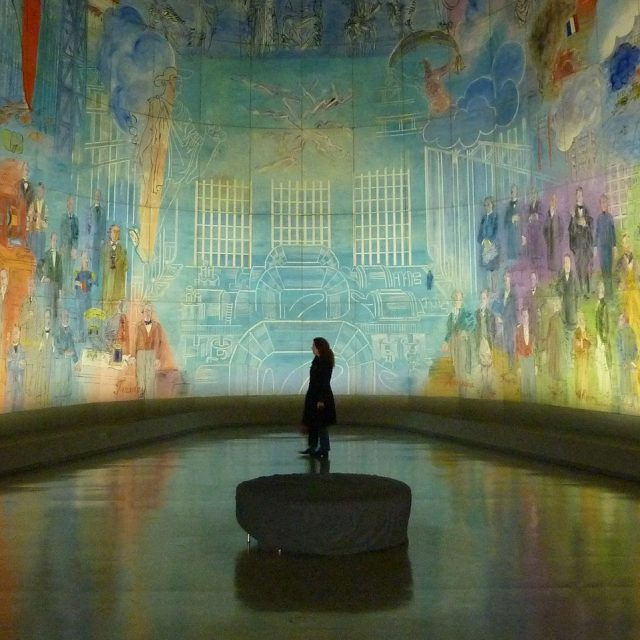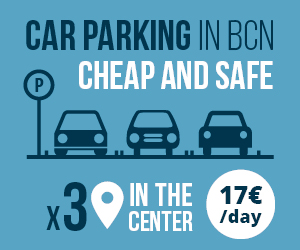The new regulations to limit the hotels does not account for the impact of such restrictions on the tourism sector!
Ada Colau proposes to limit the opening of hotels in Barcelona with a plan that does not evaluate the impact of the new regulation on the economy of the Catalan capital, or on the finances of the City. The Special Urban Plan of Tourist Accommodations that started to be processed yesterday only plans to allow 12,000 new hotel rooms in Barcelona, all located on the outskirts of the city. This restrictive law attempts to mitigate the inconvenience caused in neighborhoods that host around 20 million visitors per year with arguments like that Apartments in the Gothic quarter is so saturated that it has six hotel beds for every ten residents. This type of rationalization is threshed in detail through an extensive record of 147 pages which, by contrast, spends less than one page on the economic consequences of the regulation that Colau wants to have approved before the summer. In the document – to which El Mundo has access – the Government of Barcelona argues that “there is no element that justifies the elaboration of an economic evaluation.” The municipal executive alleges to technical reasons, such as that the law “does not specify that special plans need to incorporate a report on economic sustainability” or that “it is not necessary to assess the existence or lack thereof of possible injury to the party concerned until the final approval of the plan is made.”
The Colau cabinet refuses to set forward the effects of their tourism policy, despite acknowledging the weight that the activity has on Barcelona´s economy. In the report it was show that the sector moves 15,000 million euros per year in the city. Tourists make a daily direct expenditure of 27 million euros and tourism represents 14% of the GDP of the city.
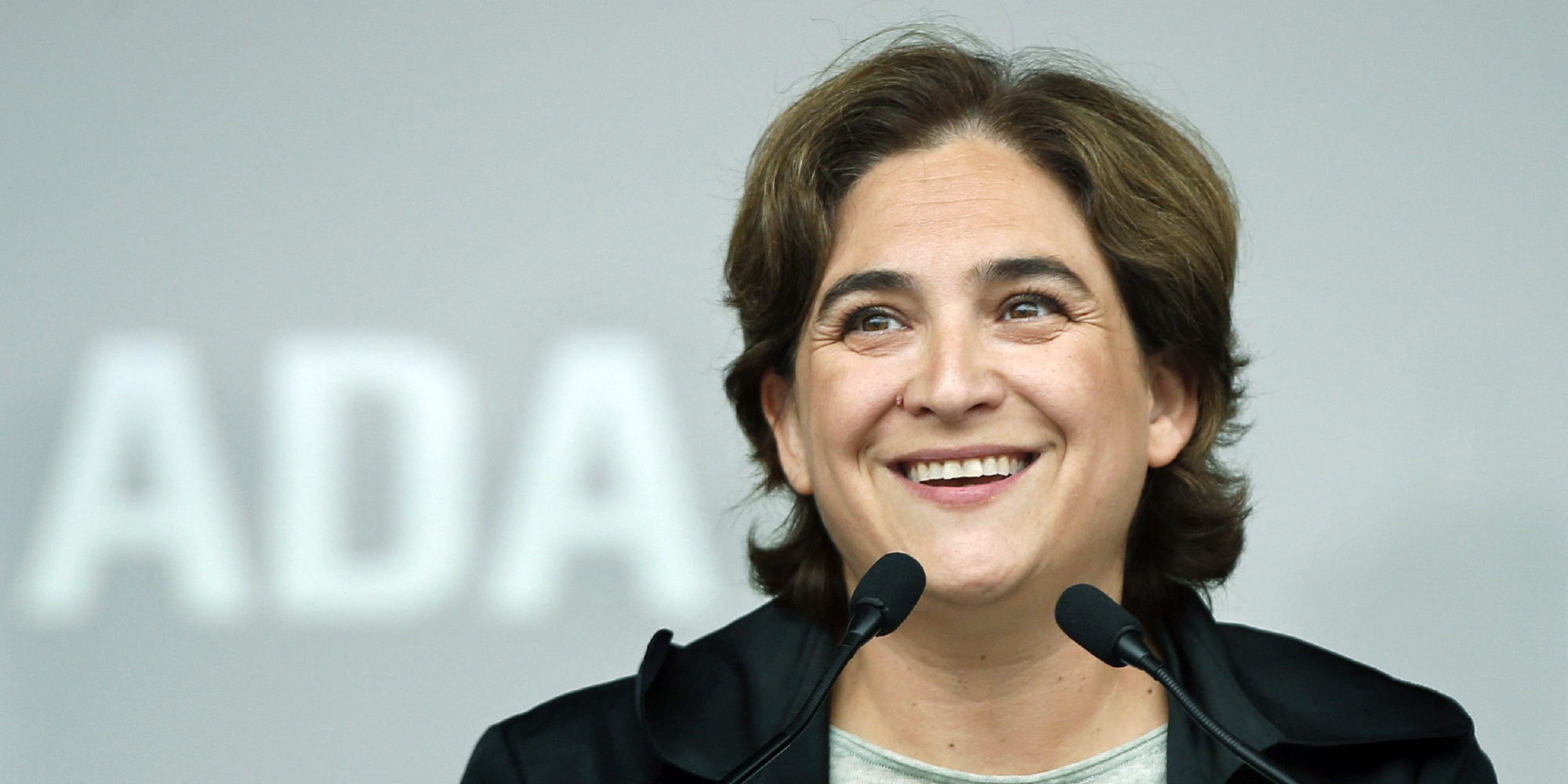
The document prepared by the municipal technicians also highlights that “tourism activity follows a growing economic development” and that it shows “an especially important tendency to coincide with a period of recession in a city and a country”. The report stresses that the GDP of Barcelona contracted by 4.9 % between 2009 and 2013, and concludes that, in that context, “it is confirmed that the tourism sector plays an important countercyclical role in the city.”
After sidestepping the economic impact of the regulation, the report of Colau emphasizes other side effects of tourism, such as its environmental effect. In this way, to justify limiting the number of hotel rooms, the attached report highlights the new regulations, for example, that the water consumption of hotels in Barcelona is equivalent to 15% of the domestic water consumption of the city. Similarly, it states that noise pollution from tourist apartments provoked 491 complaints to the Guàrdia Urbana in 2015. This is one of the reasons on which the municipal government is leaning in vetoing the opening of any new tourist housing in the city.
The legislation is now open to the allegations of opposition groups. Colau aims to enlist the support of the PSC and ERC to see the legislation approved in the coming months. Still, the specific action that the moratorium that prevents opening new hotels until further order may be extended until July 3, 2017 if necessary, in other words, if the city government will have not been able to move forward with the new regulation.
Source: Víctor Mondelo, El Mundo
Photo Credit: huffingtonpost.com
Featured Photo Credit: heartofavagabond.com

